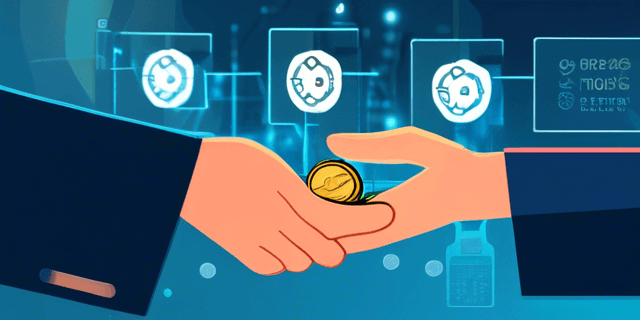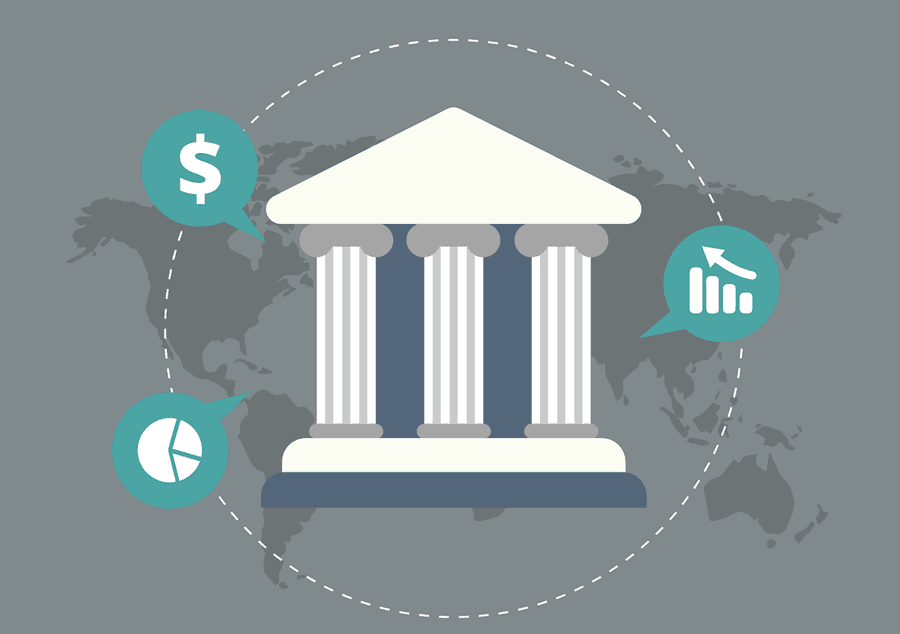Imagine a world where you couldn’t pay for your morning coffee, buy groceries online, or send money to a friend in another country. Sounds inconvenient, right? Payments are the invisible force that keeps the global economy running smoothly. Whether you’re swiping a card, tapping your phone, or transferring funds online, payments are at the heart of every transaction. But what exactly is the payments domain, and why does it matter so much? Let’s break it down.
Table of Contents
1.1 What is the Payments Industry?
The payments industry is the ecosystem that makes it possible for money to move from one person or business to another. It’s not just about cash or cards—it’s a complex network of systems, technologies, and processes that work together to ensure transactions happen securely and efficiently. This industry includes everything from banks and credit card companies to fintech startups and mobile payment apps.
Think of it like this: when you buy something online, your payment doesn’t just magically appear in the seller’s account. It goes through a series of steps involving multiple players, like payment processors, banks, and card networks. Each of these players has a specific role, and together, they make sure your money gets where it needs to go.
1.2 Evolution of Payments Domain: From Barter to Blockchain

Payments have come a long way since the days of bartering goats for grain. Let’s take a quick journey through the history of payments to see how we got to where we are today:
- Barter System: Before money existed, people traded goods and services directly. If you had extra wheat but needed tools, you’d find someone to swap with. The problem? It wasn’t always easy to find a perfect match.
- Physical Currency: The invention of coins and paper money changed everything. Suddenly, people had a universal medium of exchange that made transactions much simpler. Cash became king and remained so for centuries.
- Checks and Bank Transfers: As economies grew, carrying large amounts of cash became impractical. Checks and bank transfers emerged as safer alternatives, especially for big transactions like buying property or paying employees.
- Credit and Debit Cards: The 20th century brought plastic cards, revolutionizing how we pay. Credit cards allowed people to buy now and pay later, while debit cards linked directly to bank accounts, making cashless transactions the norm.
- Digital Payments: The internet and smartphones opened the door to a whole new world of payments. Online shopping, mobile wallets, and peer-to-peer payment apps like Venmo and PayPal made it possible to send money with just a few taps.
- Cryptocurrencies: The latest frontier in payments is cryptocurrencies like Bitcoin and Ethereum. These digital currencies use blockchain technology to enable secure, decentralized transactions without the need for banks or governments.
Today, we’re moving toward a cashless society, where digital payments and payments domain has evolved are becoming the default for everything from buying groceries to splitting a dinner bill.
1.3 Key Players in the Payments Ecosystem
The payments industry isn’t a one-person show—it’s a team effort. Here are the main players who make the magic happen:

- Consumers and Merchants: These are the end-users. Consumers pay for goods and services, while merchants receive payments. Without them, there would be no need for a payments industry.
- Banks: Banks play a dual role. Issuing banks provide consumers with credit and debit cards, while acquiring banks handle payments for merchants.
- Payment Processors: Companies like Stripe, PayPal, and Square act as middlemen, processing transactions and ensuring money moves smoothly between parties.
- Card Networks: Visa, Mastercard, American Express, and others provide the infrastructure that powers card-based payments. They set the rules and standards for how transactions are handled.
- Fintech Companies: These are the innovators. Fintech startups are constantly developing new payment solutions, from mobile wallets to blockchain-based platforms.
- Regulators: Governments and organizations like the Federal Reserve, Reserve Bank of India (For India) and the European Central Bank oversee the payments industry, ensuring it operates fairly, securely, and transparently.
1.4 Importance of Payments in the Global Economy
Payments are more than just a way to buy stuff—they’re the lifeblood of the global economy. Here’s why they matter:
- Facilitating Trade: Payments make it possible for businesses to buy and sell goods and services across borders. Without efficient payment systems, international trade would grind to a halt.
- Financial Inclusion: Digital payments are helping to bring financial services to people who’ve traditionally been excluded from the banking system. In developing countries, mobile payment platforms like M-Pesa are transforming lives by giving people access to secure, affordable financial tools.
- Economic Efficiency: Faster, cheaper payment systems reduce transaction costs and boost productivity. For businesses, this means more money to invest in growth and innovation.
- Innovation: The payments industry and payments domain is a hotbed of innovation. From contactless payments to AI-powered fraud detection, new technologies are constantly emerging to make payments faster, safer, and more convenient.
- Consumer Convenience: Let’s face it—no one wants to carry around a wad of cash or wait days for a check to clear. Modern payment systems offer unparalleled convenience, allowing us to pay for almost anything with just a few clicks or taps.
Conclusion
The payments domain is a fascinating and ever-evolving field that touches every aspect of our lives. Whether you’re a consumer, a business owner, or just someone curious about how money moves around the world, understanding the basics of payments is essential in today’s digital age. As technology continues to advance, the way we pay will keep changing, bringing new opportunities and challenges.
In the next section, we’ll dive into the Types of Payment Systems, exploring everything from cash and cards to cryptocurrencies and beyond. Stay tuned!
The payments industry plays a crucial role in our daily lives, enabling seamless transactions across the globe. From traditional banking systems to innovative fintech solutions, the ecosystem is continuously evolving. It’s fascinating how technology has transformed the way we handle money, making it faster, safer, and more convenient. As we move towards a cashless society, it’s essential to stay informed about these advancements. How do you think emerging technologies like blockchain will further shape the future of payments? Given the growing economic instability due to the events in the Middle East, many businesses are looking for guaranteed fast and secure payment solutions. Recently, I came across LiberSave (LS) — they promise instant bank transfers with no chargebacks or card verification. It says integration takes 5 minutes and is already being tested in Israel and the UAE. Has anyone actually checked how this works in crisis conditions?